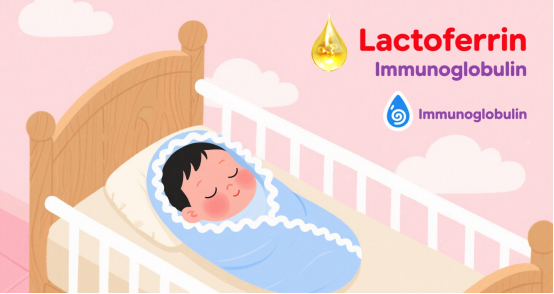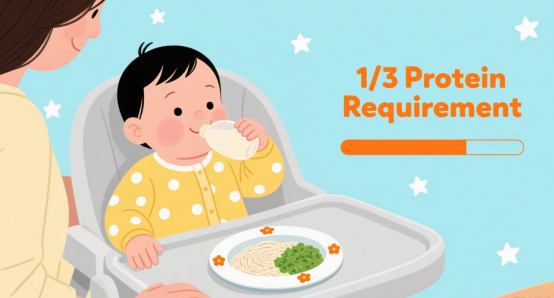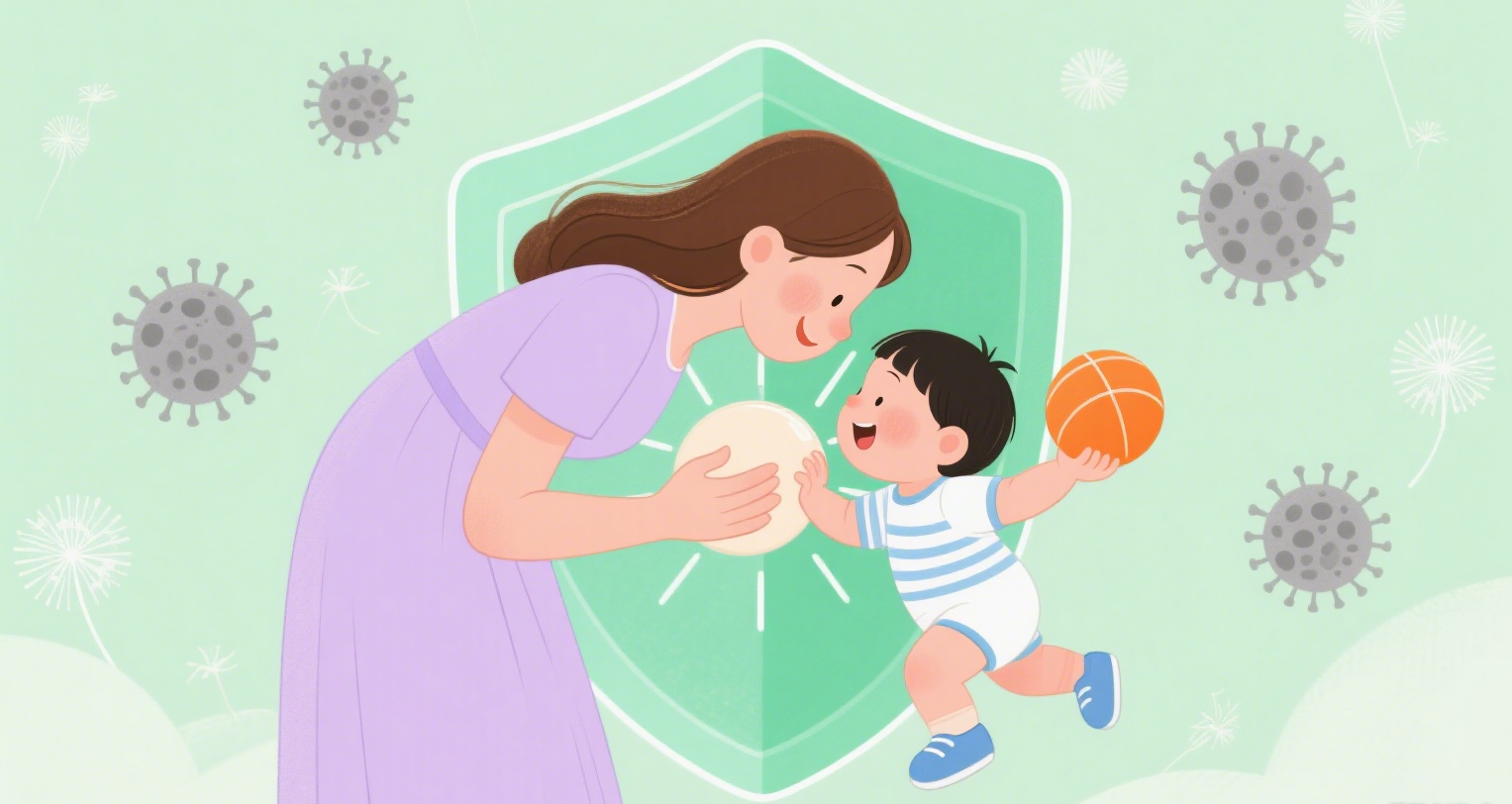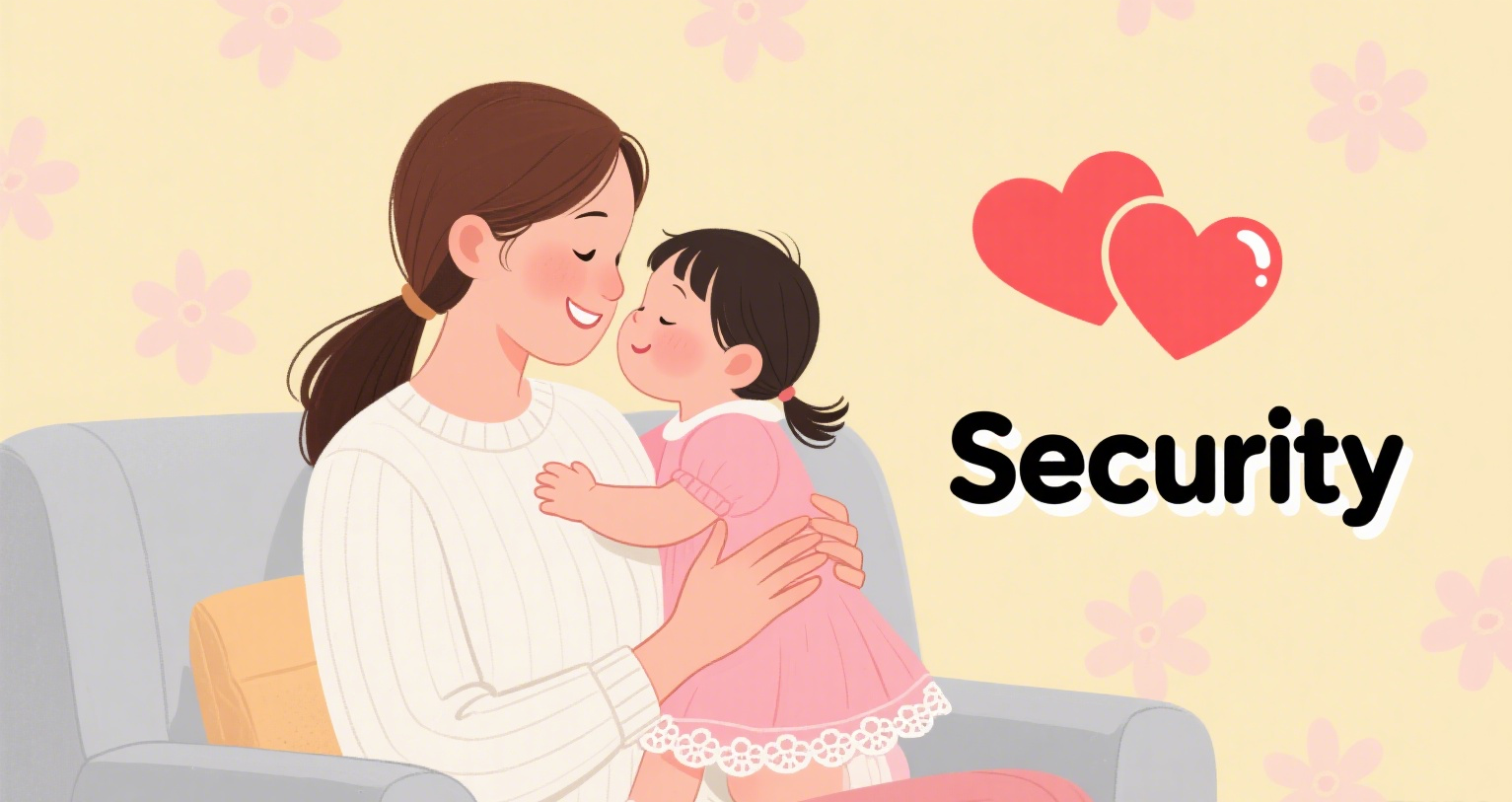Breastfeeding Basics (VII) – How Long Should Breastfeeding Continue?
As new parents embark on their parenting journey, “how long should breastfeeding last” often becomes a central question they can't avoid. Some say 6 months is sufficient,
while others advocate continuing until 2 years or beyond. Which approach is more scientifically sound?
一. Core Recommendations from Authoritative Bodies: At Least 2 Years, Extended as Needed
Global health authorities have reached a clear consensus on breastfeeding duration:
World Health Organization (WHO): Strongly recommends exclusive breastfeeding for 6 months, followed by continued breastfeeding alongside complementary foods until 2 years of age and beyond.
Chinese Nutrition Society: Advises exclusive breastfeeding for 6 months, with breastfeeding continued until 2 years of age and beyond; and may extend to 3 years or beyond if both mother and infant wish.
American Academy of Pediatrics (AAP): Recommends exclusive breastfeeding for 6 months, breastfeeding until 1 year, and encourages continued feeding thereafter based on maternal and infant preference.
These recommendations are not arbitrary but grounded in extensive clinical research—breast milk's nutritional value and immune protection continue to evolve as the baby grows, rather than remaining static.
二. The “Special Value” of Breast Milk at Different Stages: Why Extend Feeding to 2+ Years?
Many parents mistakenly believe “breast milk has no nutritional value after 1 year,” but scientific research shows the opposite: breast milk dynamically adapts to the baby's needs:
1. Within 6 months: “The Golden Nutrient” Exclusive breastfeeding provides all essential nutrients (proteins, fats, carbohydrates) and immune-active substances like lactoferrin and immunoglobulins,
reducing risks of common infant illnesses such as diarrhea and pneumonia.

2. 6-12 months: “Complementary Feeding Partner” After introducing solid foods, breast milk remains a vital nutritional source: – Provides high-quality protein (covering 1/3 of daily needs) and
calcium (with higher absorption than formula or cow's milk); – Contains probiotics and prebiotics that help establish healthy gut flora, reducing allergies and constipation.

3. 1–2 years: “Immune Shield” As babies become more active and encounter more pathogens, breast milk's immune components (like secretory IgA) continue to strengthen immunity,
lowering the incidence of illnesses like influenza and otitis media.

4. Age 2+: “Emotional and Nutritional Support” Even when babies transition to solid foods, breast milk remains a natural “nutritional supplement” while providing vital emotional benefits.
Skin-to-skin contact and bonding during feeding help build security and alleviate anxiety.

三. Practical Feeding Recommendations: Respect Mother-Baby Preferences, Transition Scientifically
There is no “absolute standard” for breastfeeding duration. The key is balancing the baby's needs, the mother's physical condition, and family circumstances:
Avoid a “one-size-fits-all” approach; feed on demand.
1. 0-6 months: Strictly exclusive breastfeeding; no need to add water or complementary foods. After 6 months: Gradually introduce complementary foods (e.g., iron-fortified rice cereal, vegetable purees),
while breast milk remains the primary nutritional source.
2. After 1 year: Complementary foods become the main source of nutrition; breast milk can be offered flexibly based on the baby's needs (e.g., before bedtime, during illness).
3. After 2 years: If the baby still desires breast milk and the mother is willing to continue, breastfeeding can be maintained naturally until the baby self-weans.
Breastfeeding is a “choice,” not a “requirement.” Ultimately, breastfeeding centers on mutual benefit for mother and baby—providing optimal nutrition and
emotional support for the infant while allowing the mother to experience bonding through the feeding process. Whether you choose to nurse until age 1, 2, or beyond,
the ideal duration is whatever respects your baby's needs while honoring your own wishes. What matters isn't the length of time, but ensuring your baby receives ample love
and companionship throughout the nursing period—this is the most precious nourishment for their growth.
www.jxphome.com
Jiangxi Partner Home Co., Ltd.
